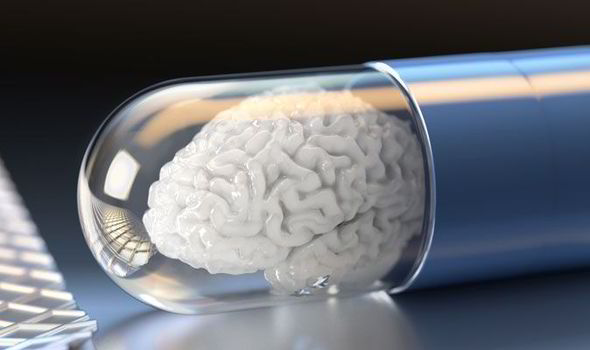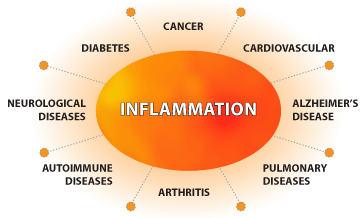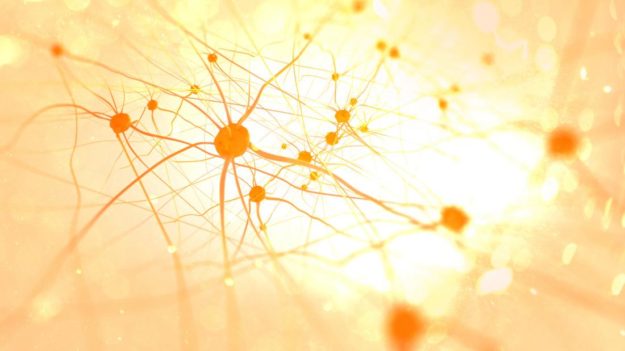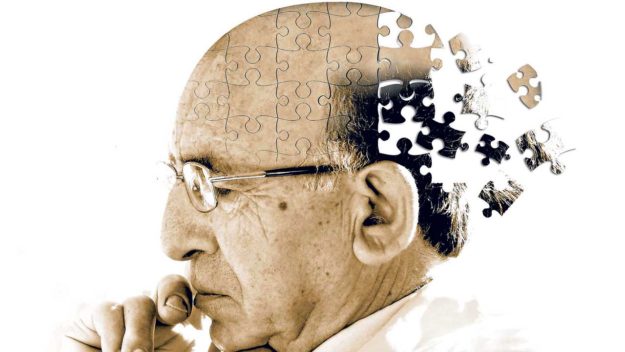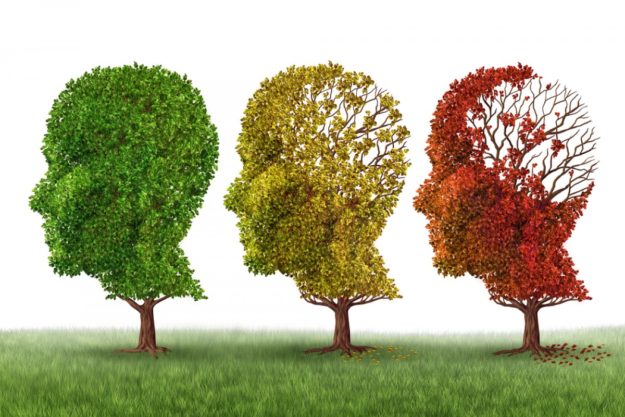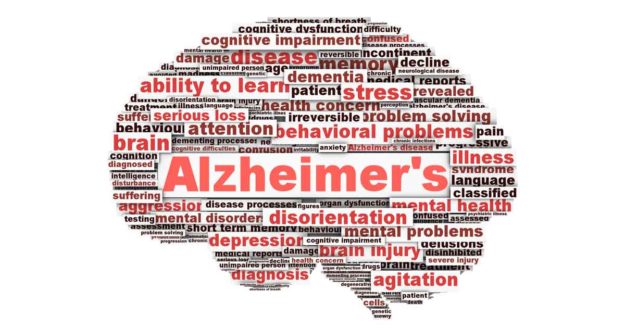Highly Anticipated Alzheimer’s Drug Fails First Test
The top drug in a large-scale Alzheimer’s disease collaboration between Biogen and Eisai has failed its first test, unable to reach its main goal in a mid-stage clinical trial.
Biogen and Eisai announced today that an independent interim analysis at 12 months discovered the drug BAN2401 didn’t exhibit enough of a change on assessment scores used to assess patients in the early stages of Alzheimer’s disease. However, the companies plan to continue the study to collect more data.
BAN2401 is a monoclonal antibody that binds to amyloid beta plaque with the goal of separating the build-up of protein in the brain, which is characteristic of Alzheimer’s. Eisai bought the drug in a 2007 deal with Sweden-based BioArctic Neuroscience. Cambridge, MA-based Biogen, and Eisai started their Alzheimer’s collaboration in 2014, the groups set the foundation for testing, and possible commercializing, two of Eisai’s compounds and two of Biogen’s.
The Phase 2 study testing Ban2401 involved 856 patients with mild Alzheimer’s disease with indicators of amyloid-beta. The patients were then randomized to take either Ban2401 or a placebo. The “adaptive clinical trial,” which gives trial leaders the option to evaluate and make changes to the study partially through, was created in the hopes of providing a faster and more efficient method of determining the perfect dose of the drug. The design involved 16 interim analysis points where the study could be halted for either futility or safety. A “clinically significant difference” was defined as a 25% or greater reduction in the rate of decline in the Alzheimer’s assessment scores, compared to a placebo.
Although the drug failed to complete its goal of the Alzheimer’s scores, Biogen and Eisai said that the drug didn’t meet the conditions for stopping the trial for either futility or safety. This means the companies expect to continue for at least another six months. With 18 months of data, they hope to complete a full analysis which shows clinically significant results.
Most from this category

Protecting Neurons Could Prevent Depression and Cognitive Deterioration Caused by Alzheimer’s
alzheimershelp - November 8, 2017


